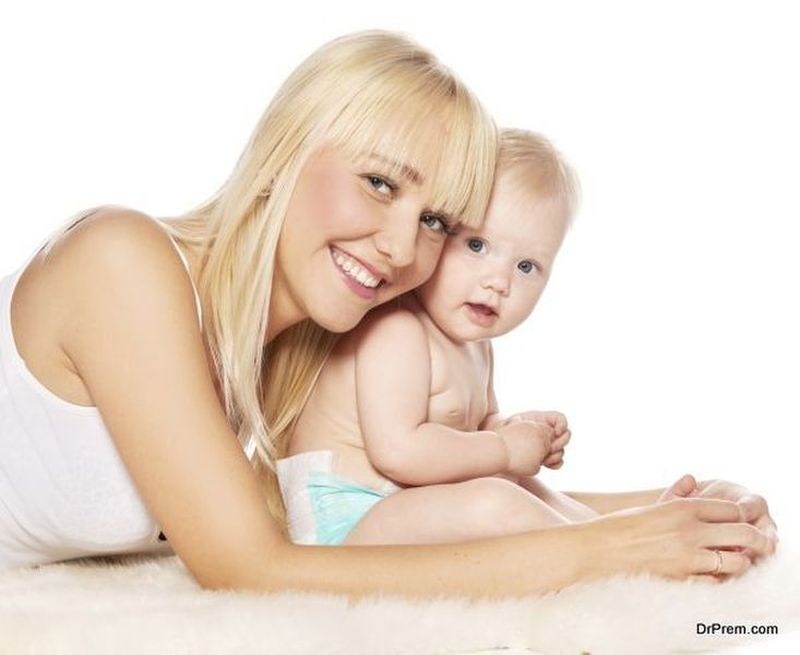For most first time parents, it is difficult to determine the eating habits of a baby because each of them has his or her peculiar tastes and predilections. If you’re constantly worried whether your baby is eating too much, too little, or whether s/he is getting enough nutrition – there are a few important tips that you may want to keep in mind:
Feed on demand – but don’t feed to soothe

It is definitely good to feed any infant on demand, and they should be feeding fairly frequently to keep up with their growth. However, at the same time, you should be careful not to develop a habit of using food to soothe your baby, as that can lead to overfeeding.
In older babies that have a more established feeding pattern, this is easier to spot; but, if your infant is fussing shortly after being fed, then you may not want to feed them immediately.
Don’t force a baby to feed if s/he’s full
If your baby is full, you shouldn’t force him to ‘finish up’ what’s left of their bottle or food – as they likely don’t need it. Normally you can tell when a baby is satiated if they pull away, spit out the nipple, seal their lips, or close their eyes – and if so, you should stop feeding.
That being said if a baby continuously shows little or no interest in feeding – you should contact your doctor.
Keep track of their weight
Try to periodically weigh your baby, and keep track of their weight as well as how it compares against the growth chart. By doing so, you’ll be able to catch early signs of unhealthy eating habits if their weight starts to get too high or too low. Additionally, you’ll also be able to spot any rapid weight change, and consult your doctor if necessary.
Consider vitamin D supplements

If you’re breastfeeding and have a vitamin D deficiency, your breastmilk may not be able to provide sufficient vitamin D for your child’s development. As vitamin D plays an essential role in helping absorb calcium that is used for bone growth, you may want to consider using supplements. Be sure to ask your doctor about this, especially if you have a pre-existing deficiency or if you think there is cause for concern.
Just use solids as ‘practice’ initially
Although technically you can start feeding your baby solids after six months – initially it should just be looked at as ‘practice’. Until they’re about a year old, their nutrition should come mostly from breast milk or formula, and so the solids that you start feeding them should be more about introducing new foods and letting them get used to the idea of eating, chewing, and swallowing solid food.
Keep in mind t if you’re substituting breastmilk with formula, you need to choose one that is nutritionally complete – such as the HiPP baby formula. Additionally, if you ever have any doubts about your baby’s nutritional needs, it is best to consult your doctor sooner rather than later.
Article Submitted By Community Writer




